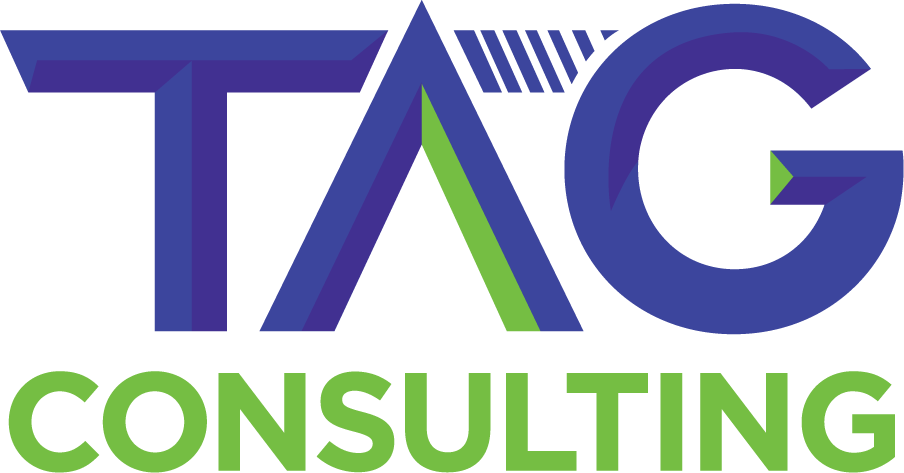- info@tag-pr.net
- Mon - Sat: 8.00 am - 7.00 pm
Operational Due Diligence
- Home
- Operational Due Diligence
Operational due diligence (ODD) is a critical process within the financial sector that involves assessing the operational and business risks associated with investments, partnerships, or service providers. It helps ensure that the operations of a target company or entity align with the strategic goals and risk tolerance of the investor or organization. Strategic planning for operational due diligence involves creating a comprehensive framework to assess, manage, and mitigate operational risks. Here's how TAG CONSULTING provides strategic planning for operational due diligence in the financial sector:
04
Risk Assessment and Management:
Evaluate the operational risks associated with the target company or service provider. Identify potential risks in areas such as cybersecurity, data privacy, business continuity, vendor management, and regulatory compliance.
Develop strategies to manage and mitigate these risks, including risk transfer mechanisms, contingency plans, and risk mitigation measures.
5. Due Diligence Process:
Design a structured process for conducting operational due diligence. This process may involve gathering documentation, conducting site visits, interviews with key personnel, and assessing operational procedures.
6. Data Collection and Analysis:
Gather relevant data and information about the target company's operations. Analyze financial statements, audit reports, internal controls, and any available performance metrics. Utilize data analysis tools to identify trends, anomalies, and potential areas of concern.
7. Technology and Systems Assessment:
Evaluate the technology infrastructure and systems used by the target company. Assess the robustness of cybersecurity measures, data protection protocols, and disaster recovery plans.
8. Compliance and Regulatory Review
Ensure that the target company is compliant with relevant industry regulations and standards. Identify any historical or ongoing compliance issues.
9. Vendor and Third-Party Due Diligence:
If dealing with service providers or vendors, conduct due diligence on their operations and processes. Evaluate their ability to deliver services effectively, securely, and in compliance with regulations.
10. Documentation and Reporting:
Document the findings of your due diligence process thoroughly. Prepare comprehensive reports outlining the operational strengths, weaknesses, risks, and recommendations for improvement.
Present your findings to key stakeholders and decision-makers, including the investment committee or senior management.
11. Integration with Strategic Goals:
Ensure that the findings from your operational due diligence align with the organization's strategic goals and risk appetite.
Evaluate how the target company's operations can contribute to or impact the broader strategic direction of your organization.
12. Continous Monitoring:
Recognize that operational due diligence is an ongoing process. Regularly monitor the operations of investments or service providers to identify any changes in risk profile.
Operational due diligence as part of strategic planning in the financial sector helps organizations make informed decisions, minimize risks, and ensure that their investments or partnerships align with their overall objectives. The process should be thorough, well-documented, and adaptable to changes in the regulatory landscape and market conditions.
